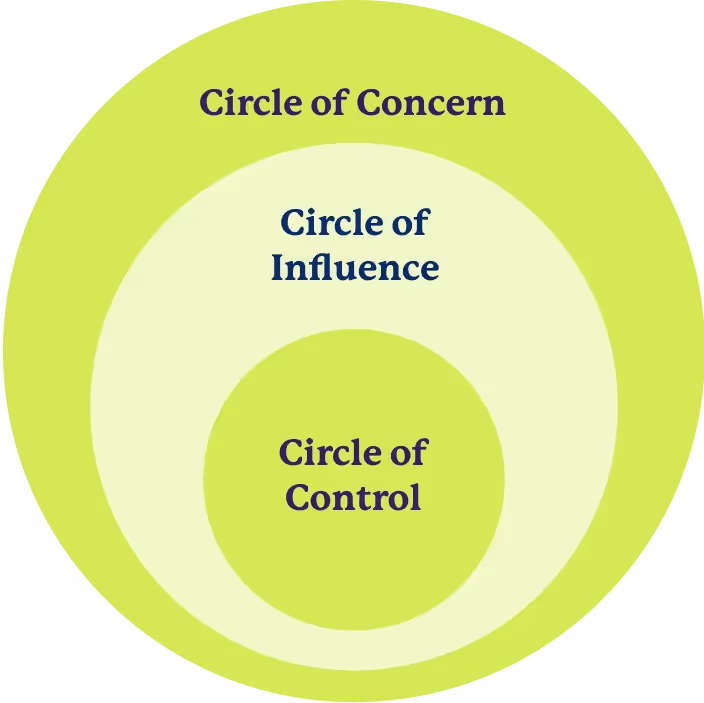You’ve set up your staffing firm. You’ve hired the people who can help you reach your goal. But, what's next? To ensure that your recruiters are motivated to drive your firm's growth and help you reach your revenue targets, you need to create an effective commission plan. However, designing the perfect plan is easier said than done. There are many factors to consider, and mistakes can be costly.
So, in this blog post, we'll explore why a commission plan is essential for staffing firms, common pitfalls to avoid when creating one, and how to craft a robust plan that will drive your business forward.
The Need for Powerful Commission Plans
Just offering a fixed salary to your recruiters isn't enough to motivate them. That's why having an impactful commission plan is essential. It can inspire recruiters to achieve their goals and help your staffing firm succeed.
Besides boosting motivation, there are other compelling reasons why a commission plan is critical for your staffing firm. Let's take a closer look:
Firstly, a commission plan improves performance. When recruiters are rewarded for hitting specific goals, such as filling critical job openings or meeting hiring targets, they work harder and smarter to achieve them. This drives better outcomes for both the recruiter and the staffing firm.
Secondly, a commission plan attracts and retains top talent. By offering competitive commission rates, your firm becomes an attractive destination for top recruiters in the industry. And when recruiters are well compensated for their efforts, they are more likely to stay with your firm and not be lured away by competitors. This gives your firm a long-term advantage and helps build a strong, successful team.
The Importance of Compensating Your Recruiters with Clarity
Defining clear performance metrics is critical when creating a commission plan because it provides clarity and transparency on how commissions will be earned. By doing so, recruiters know exactly what they need to do to earn commissions, which motivates them to work towards specific goals and drive better outcomes for the staffing firm.
This can also help ensure that commissions are awarded fairly and consistently across the team. When components are ambiguous or undefined, it can lead to disagreements and disputes between recruiters and management, which can lower morale and hurt performance.
Moreover, setting clear performance metrics allows you to track and measure the success of the commission plan. By defining key performance indicators (KPIs) and regularly reviewing them, you can determine if the commission plan is driving the desired results or if adjustments need to be made. This allows you to stay on track towards achieving your business goals and keep your recruiters motivated and engaged.
How to Create Effective Commission Plans Using Everstage’s Incentive Circles
When creating a commission plan, it's crucial to assign the right components to your recruiters. Compensating them for factors they don't have control over can negatively impact their motivation and performance. To ensure your commission plan is effective and motivates your recruiters, consider Everstage's Incentive Circles.
The Incentive Circles is a simple yet powerful tool that helps you determine which components to include in your commission plan.

Circle of Control: Includes components that your recruiters have complete control over, such as hiring targets, cost-per-hire, etc.
Circle of Influence: Includes components that recruiters can influence and make the necessary changes, but can't control entirely.
Circle of Concern: The components listed under the circle of concern are those which your recruiters have zero control or influence over.
Let’s further delve deeper into this framework. We’ve listed down specific components that you can consider for recruiters under each of the above categories.
Circle of Control:
Number of completed first round interviews: This is the initial interview between a qualified candidate and designated interviewers, and it has to be confirmed as completed by the company. This KPI highlights the effectiveness of the sourcing process in finding qualified candidates and moving them through the recruitment pipeline.
Time-to-hire: Recruiters can be incentivized for hiring candidates quickly, particularly in industries where there is a lot of competition for top talent. This is a crucial KPI as it impacts your business operations and revenue. Recruiters should aim for a shorter time-to-hire since a longer time-to-hire can result in losing the best candidates. This is a metric that recruiters can completely control, and should be a main commission component.
Cost-per-hire: Keeping the hiring costs low can also be a vital factor for which recruiters are incentivized. This could include reducing advertising costs, negotiating lower salaries, or finding other ways to reduce the cost of bringing in new hires.
Circle of Influence:
Early turnover rate: Early Turnover Rate refers to the percentage of employees who leave the organization within the first six months of joining the organization. This metric can be impacted by factors outside recruiters' control like changes in the job market or organizational culture. Hence recruiters can’t have control over the metric.
First-year turnover rate: First-year Turnover Rate refers to the percentage of employees who leave the organization within the first year of employment. Again, this can be affected by variables not in recruiters’ control, so, shouldn’t be considered as a primary commission component.
Interview to placement ratio: This is the measure of the number of candidates who are hired after attending an interview. While this metric indicates the recruiter’s ability to identify top candidates, it also depends on the effectiveness of the interview process. If the interview is conducted by the company, recruiters wouldn’t have complete control over it.
Circle of Concern:
Gross profit percentage: Recruiters do not have control over the gross profit percentage of your organization. Although they are usually accountable for candidate sourcing and placement, the gross margin can be influenced by other factors and financial decisions made by the staffing firm. This shouldn’t be a component that recruiters should worry about.
Quality of hire: Quality of hire is a measure of a candidate’s contribution to the long-term success of a company. Recruiters do play a crucial role in identifying and attracting top talent, but the quality of hire is also impacted by aspects such as the onboarding process, training and development opportunities, job fit, work environment, and management support. This is why the quality of hire shouldn’t be considered as a main commission component for recruiters.

Final Thoughts
To wrap up, designing a commission plan for recruiters using Everstage's Incentive Circles can be a game-changer for staffing firms. By following the steps outlined in this blog post, you can create a commission plan that aligns with your firm's values, incentivizes the right behaviors, and drives growth and profitability. Remember to regularly review and adjust your commission plan as needed to ensure it remains effective and competitive in the dynamic staffing industry.












